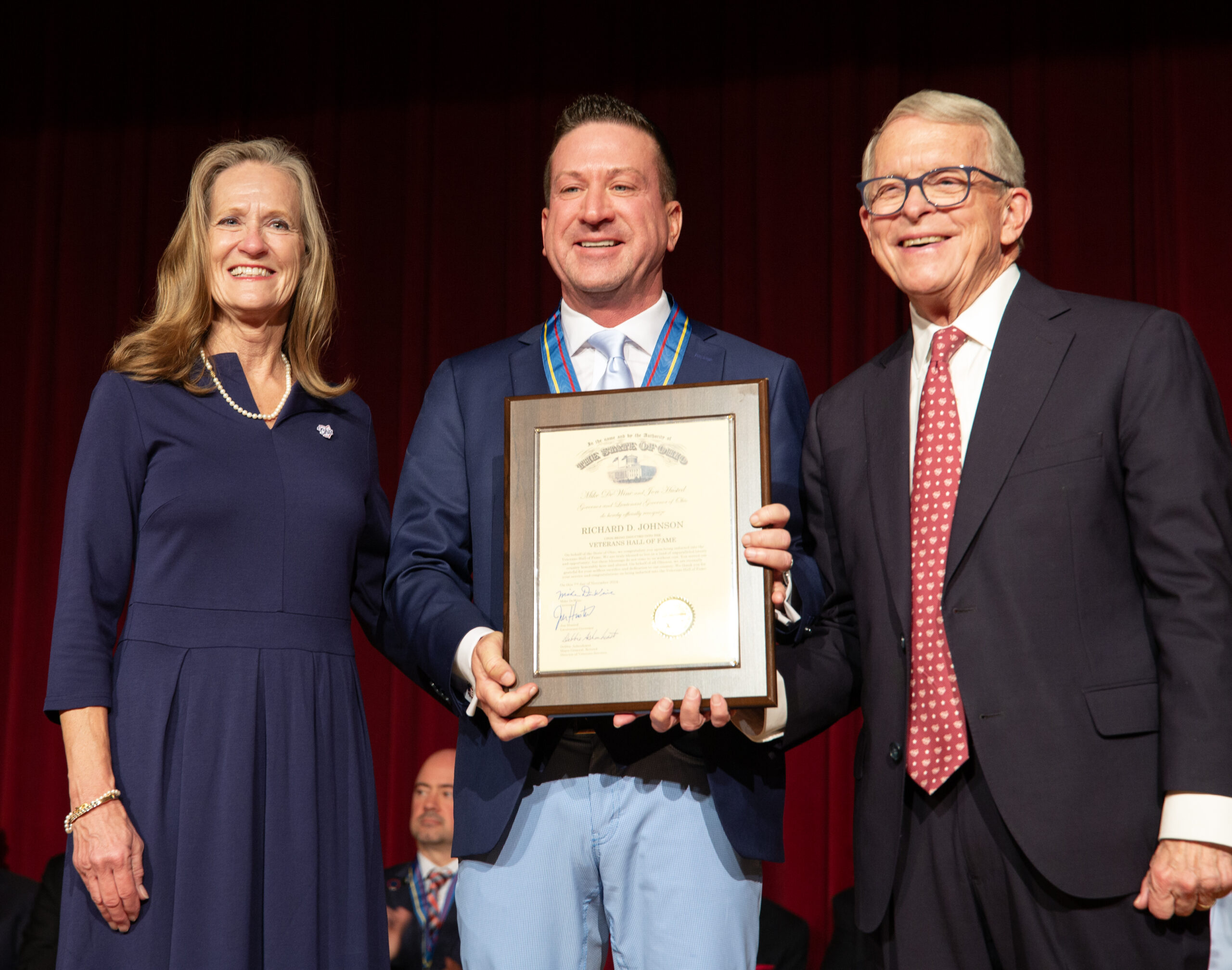If you are a caregiver for a loved one with Chronic Obstructive Pulmonary Disease (COPD), you likely understand the toll this disease can take on one’s physical and mental health. COPD is a frightening, challenging, and stressful illness. As the disease progresses, the most frightening symptoms of COPD increase, leading to frequent hospitalizations. There may come a time when it is necessary to get extra care for a loved one with COPD. In this blog, we share 5 ways to get extra support for a loved one with COPD.
As winter approaches, the change in season and drops in temperature can cause COPD symptoms to worsen, and you may notice your loved one struggling even more than usual. You may realize that you need an extra layer of support as the stress of the illness increases and symptoms increase. As COPD worsens, your loved one may have repeated lung infections that lead to hospitalizations, have trouble walking and breathing, become dependent on oxygen, and rely on the help of family caregivers.
The first step in gaining an extra layer of support is understanding when it may be time to seek additional care.
When to Consider Hospice Care
If you are unsure when to seek an extra layer of support, consider some of these signs that it may be time.
- Increased emergency room visits or hospitalizations for COPD complications
- Shortness of breath to the point your loved feels like they can’t breathe
- Increased fatigue, depression, anxiety, and stress
- Need for continuous oxygen or increased use of bronchodilators
- Any disease progression
- Choosing to focus on comfort rather than cure of the disease
- Patient or family feeling the need to call your doctor’s office with questions about medication and symptoms
5 Ways to Get Extra Care
If you believe your loved one’s disease is becoming more difficult to manage or that their quality of life is being more compromised, it may be time to accept additional support. Here are some tips to help move forward in getting the care your loved one needs and support for you as their caregiver.
Talk to your doctor. Share your concerns with your loved one’s physician. Give them a realistic view of how your loved one is doing, sharing any increasing symptoms, stresses, and burdens of the disease. Be honest with them about your own ability to cope as their caregiver and your ability to continue to meet your loved one’s growing needs. Be frank about your concerns. It is OK to ask your loved one’s physician to refer you to a care provider like ViaQuest for support. You are the one closest to your loved one and have the best knowledge of how they are really doing.
Prepare for tomorrow. There is currently no cure for this chronic and progressive disease. By understanding COPD, its progression, and what to expect, you can prepare for a time when it becomes necessary for extra support and a change in your loved one’s ability to care for themselves. Knowing what’s ahead allows you to also accept that you will have limitations as their caregiver and the need for expert care. Prepare a list of potential organizations that can provide the care needed when the time comes. Do your research now vs. when you are exhausted and in a panic state. Reach out to care providers like ViaQuest to understand what is involved in gaining their support. This way, you will have aligned the resources to be there when you need them.
Expect Support. Expecting support is OK. Let’s say that another way – expecting support is the best thing for you and your loved one. Admit it, caregiving is hard. Though many are more than willing to do anything for their loved one, caregiving is physically and emotionally exhausting. Let others help. When friends offer to help, let them. Taking even one thing off your To Do List can ease your stress. If you struggle answering friends when they ask, “How can I help?” look at the things you have to do daily, weekly, or monthly. Can they pick up some groceries, run an errand, drive the kids to their soccer game, pick up prescriptions, take the dog to the vet, or simply be there to when you need to vent? If you write a list of all your responsibilities, then you know how to answer their request to help. And realize, they really do want to help. It’s OK to let them, no one can do it all. You will be a more effective caregiver to your loved one by sharing the care.
Move Past the Guilt. You may feel guilty seeking caregiving support and that by doing so, you will be letting your loved one down or make them feel you don’t want the responsibility. But many of our patients have told us many times that they wished their family caregiver could just be their daughter, son, wife, or husband again. Caregiving can change your role with your loved one. When a disease like COPD progresses and caregiving becomes your main focus, it overshadows your relationship, who you used to be to them, who they used to be to you. If you can’t move past the guilt, you’ll never seek the help you both need. Realize that by returning to your role as daughter, son, wife, or husband, you are giving both of you a gift of recapturing the precious time that remains together.
Consider Hospice Care. You may not realize that hospice care can be a beneficial support system that greatly improves quality of life while reducing the stress and burden of serious illnesses like COPD. It’s never easy to come to terms with the advancing illness of a loved one, yet hospice is most effective when started early on. Considering hospice sooner ensures your loved one, and you as their caregiver, will gain the full benefit of the expert care and the extra layer of support hospice brings. Hospice care providers like ViaQuest are experts in serious illnesses, including COPD. ViaQuest brings a level of care that can control distressing symptoms, increase comfort, and help keep your loved one out of the hospital. Imagine a complete support system of physicians, nurses, counselors, and chaplains providing focused care to your loved one and support to your family while CNAs help with caregiving support like bathing, grooming, changing beds, and light meals. The other great benefit of hospice care is access to an RN 24/7. You have expert support for those frightening symptoms that seem to happen at 3 am. ViaQuest also provides all medical equipment and supplies related to the illness. You may think this incredible amount of support is expensive, but care is paid for by Medicare, Medicaid, and most private insurers.
If you have a loved one living with COPD, remember you don’t have to face this serious illness alone. Comfort, support, and an extra layer of caring are available. If you’re unsure about what level of care makes the most sense in regard to your loved one’s illness today, we can help. Give us a call at 855-289-1722 or reach out to us here, and we’ll help determine if our hospice services are right for you.




